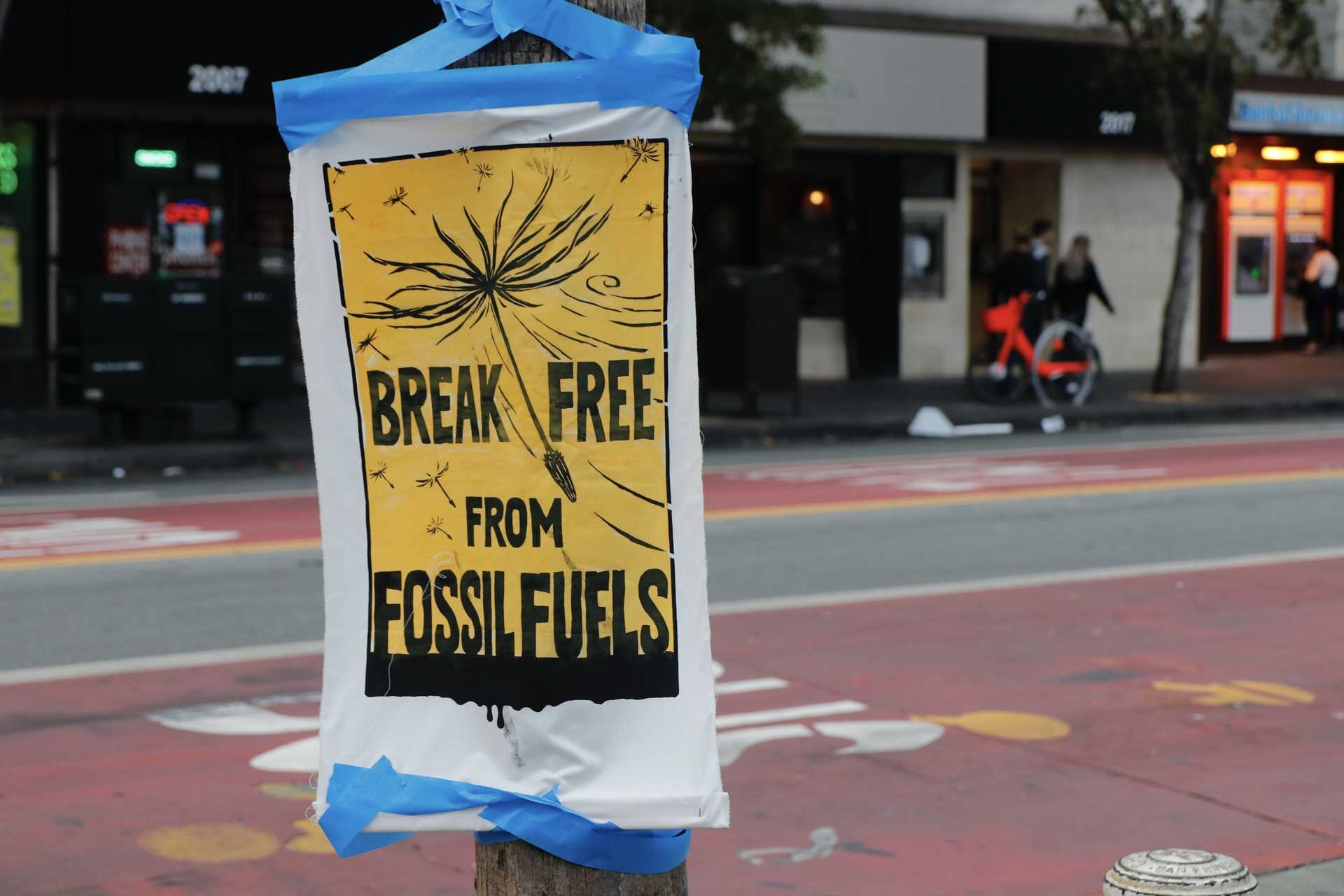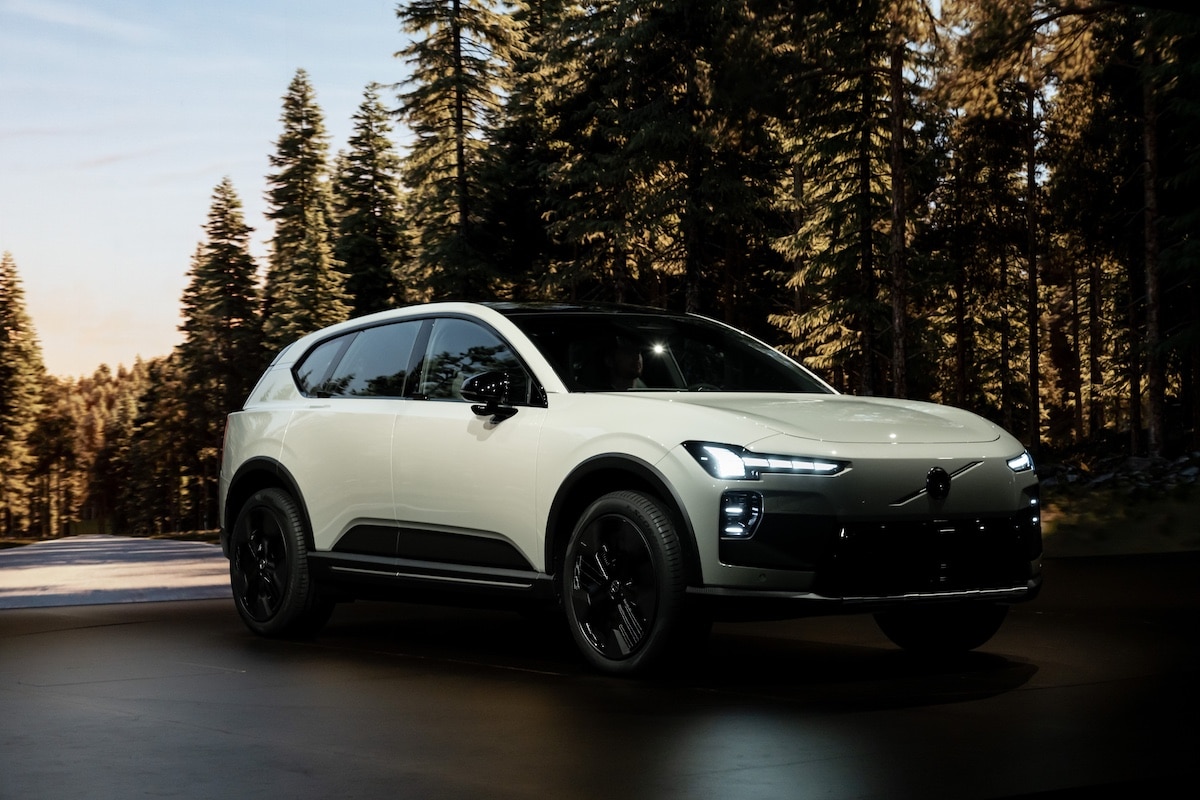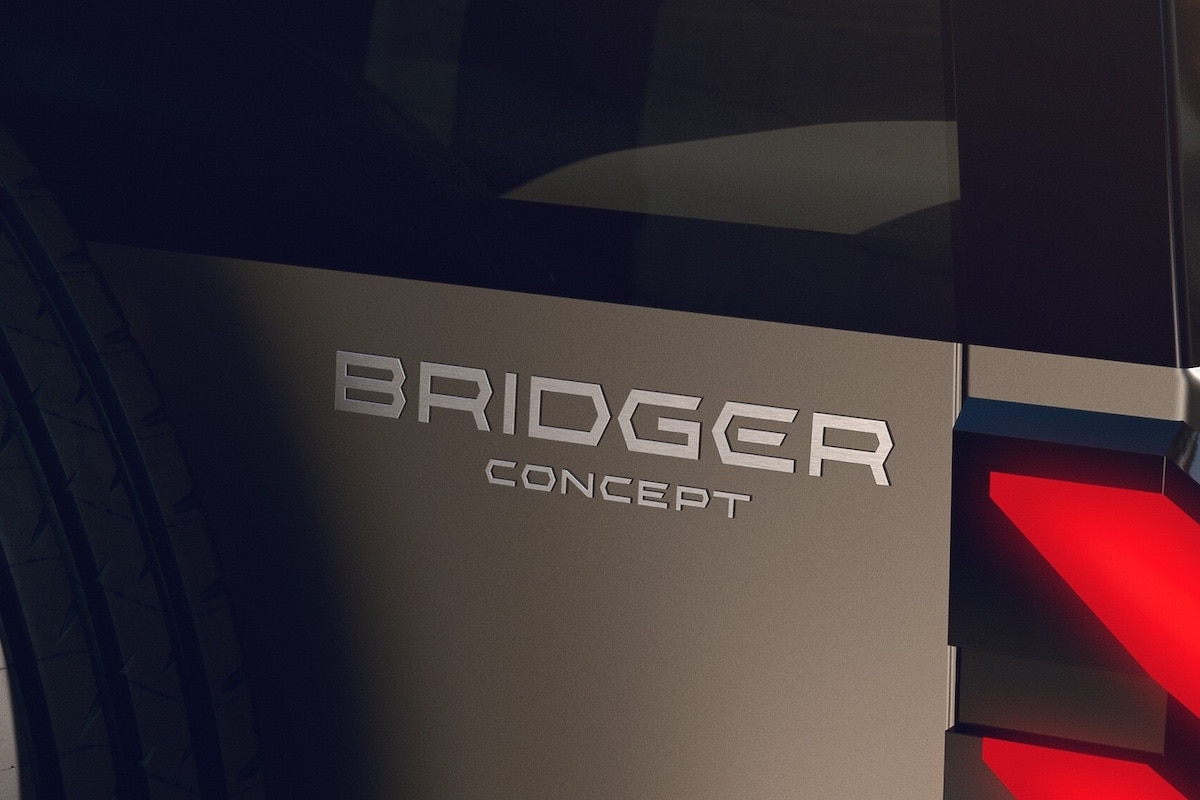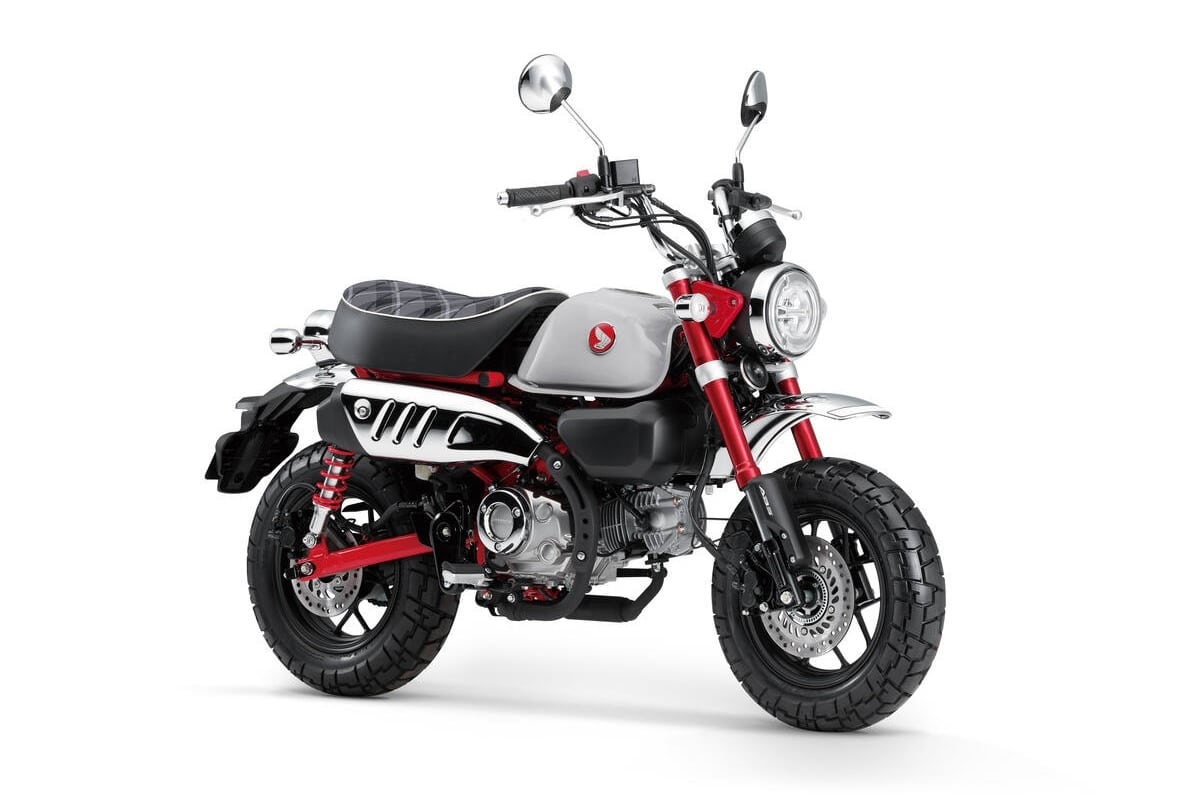Synthetic Fuel: Approved by the EU in 2035? (Update)

The European Union announced this Tuesday that its ban on the sale of new cars in 2035 would be enacted despite German objections.
After weeks of internal disputes, the European Union declared today that it would confirm its ban on the sale of new thermal cars starting in 2035. Germany had been negotiating on this since mid-March, seeking an exemption for vehicles with a neutral carbon footprint that run on synthetic fuel (“e-fuel”). A separate proposed law, scheduled for 2024, will allow this country to present its arguments on this matter.
As an anecdote, Frans Timmermans, the European Commissioner for the Environment, announced on Twitter Saturday that e-fuel would be authorized. Partly, this was due to pressure from German automakers that persuaded the Belgian-based institution. However, this Tuesday, the institution announced that it would stick to its original trajectory because the stakes for the planet demand it.
Indeed, the EU last month passed a law banning the sale of thermal cars from 2035. Consequently, automakers will be obliged to develop electric vehicles to replace thermal vehicles by the middle of the next decade.
What are the consequences for the European automotive market?
Last month, the European Union scored a masterstroke by adopting a law that bans the sale of the following new vehicles starting in 2035:
- Gasoline
- Diesel
- E85
- LPG
- CNG
- Hybrid
- Plug-in Hybrid
The synthetic fuel that Germany aims to develop on a large scale is theoretically carbon-neutral since it releases as much CO2 into the atmosphere as it saves during production. The potential easing of European legislation on the ban of thermal cars will enable the development of this synthetic fuel. It is produced from hydrogen and electricity (partly). Even though, in theory, this fuel can be used with existing thermal vehicles on the market, unlike electric car batteries, it will not solve the problem of greenhouse gas emissions.
In any case, all is not lost: the EU can leverage the Euro 7 pollution standards to push the market to comply with its requirements. Last month, the European automotive manufacturers lobby (ACEA) issued a call to not subject all new vehicles to the stricter Euro 7 standards compared to Euro 6.
The lobby pointed out issues with highly polluting vehicles currently on European roads. However, automakers want to continue developing vehicles using less polluting synthetic fuels but which are still polluting. Isn’t that like wanting the cake and eating it too?
Also read: Thermal cars, the real-world situation facing the 2035 ban
This page is translated from the original post "Carburant de synthèse : autorisé par l’UE en 2035 ? (MàJ)" in French.
We also suggestthese articles:
Also read



